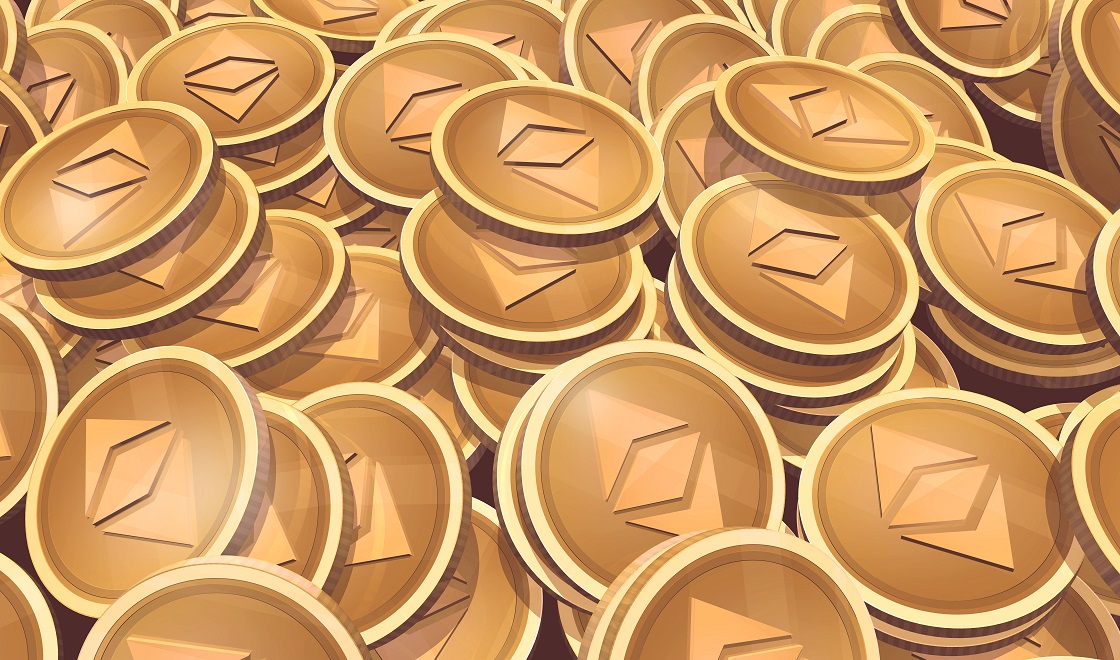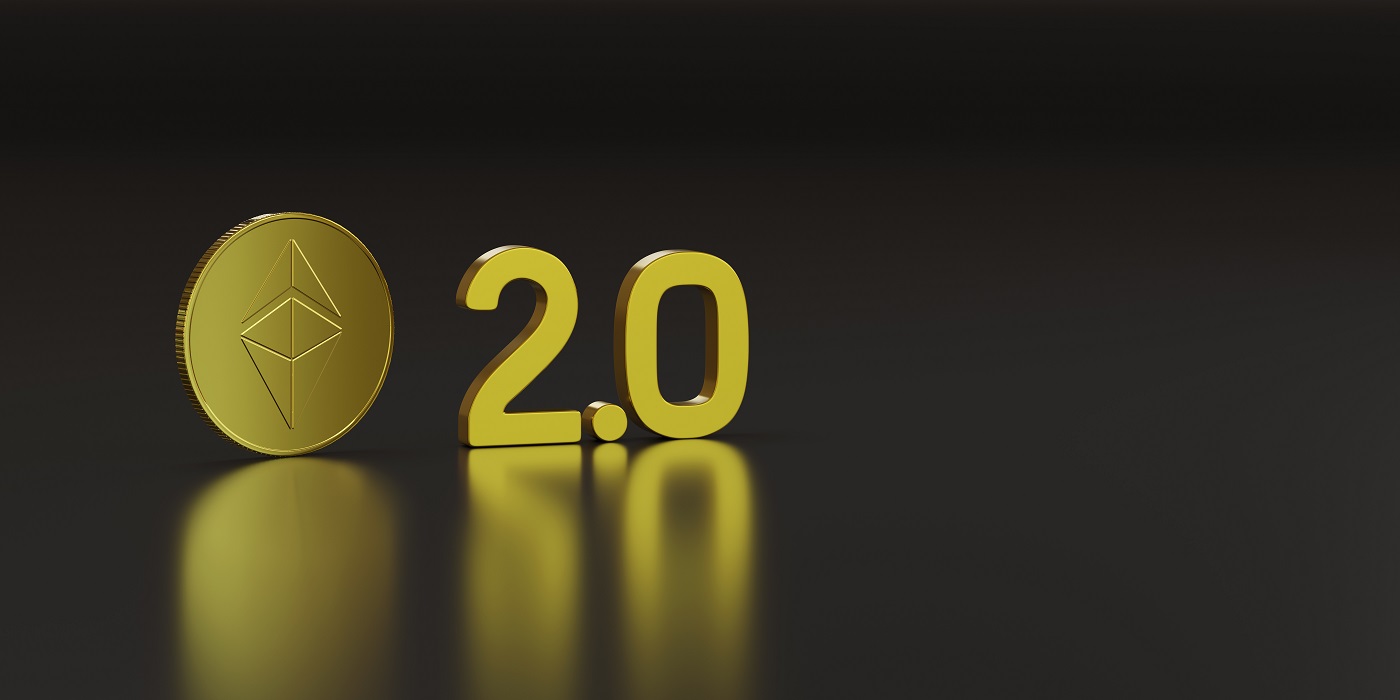What Is Ether?

Ether is the native currency of the Ethereum blockchain, usually abbreviated as "ETH." It is also one of the largest cryptocurrencies by market capitalization, second only to the leading cryptocurrency bitcoin.
Similar to bitcoin, ether can be used as a trustless currency for sending payments directly to another person without the need for any intermediary or third party. However, a larger use case for ether is its usage for gas payment when building decentralized applications (dapps) and other financial networks on the Ethereum blockchain.
The Ethereum blockchain is not only about powering financial transactions. In fact, the popularity of the blockchain comes from its capacity to allow software developers to build various applications on it, ranging from decentralized platforms for lending money to social media networks.
For any such decentralized app on Ethereum, ether acts as the "fuel." Any activity on the blockchain requires an amount of ether to power it, which is why ethereum network fees are also known as "gas."
Ethereum.org, the primary online resource for the Ethereum community, calls ether the lifeblood of Ethereum. That is because users need to pay a fee in ether to get block space on the Ethereum network, which is used to send ETH to other users or use an ETH-based application.
The fee paid in ether is an incentive for block producers (miners or validators) to process and verify transactions, secure the network, and add new blocks to the blockchain. Miners are responsible for checking and verifying transactions and making sure no one is cheating - e.g., trying to double spend their coins.
In exchange for their work, miners are rewarded with ether. The current block reward is two ETH per block plus all the priority fees contained in the block. Priority fees, also called tips, are additional fees made to have the transaction completed faster.

As Ethereum moves closer to its much-anticipated Ethereum 2.0 upgrade, when it migrates from the energy-intensive proof-of-work consensus mechanism to a less resource-intensive proof-of-stake system, ETH will become even more important.
That is because proof-of-stake uses validators instead of miners to secure the network and verify transactions. And in order to become a validator, a user needs to stake ETH 32 first. In this system, validators are expected to be honest, meaning they do not try to attack the network; otherwise, they would lose their staked ETH.
Since ether underpins the Ethereum financial system, the token can also be used as collateral to generate different cryptocurrencies on Ethereum-based decentralized applications. Moreover, users can borrow, lend, and earn interest on their ETH and other ETH-backed tokens.
It is worth noting that use cases for ether grow every day, largely courtesy of the programmability of Ethereum. While ether was originally used as a trustless currency, the proliferation of decentralized exchanges and other dApps now allow users to trade ETH with other tokens, earn interest on ETH and other Ethereum-based tokens, and even use it to get stablecoins.
Why is ether valuable?
Ether is valuable to different people in different ways. On the surface, ether is a digital currency and can be used to pay for goods and services at certain stores and marketplaces. Most notably, users can now spend Ether like cash via the BitPay Card, which is accepted by hundreds of merchants.
Moreover, for users of the Ethereum blockchain, ETH is valuable because it lets them pay transaction fees. If a user has millions of dollars worth of crypto assets parked in their Ethereum wallet, they can't move or do anything with their crypto unless they have enough ETH to cover the gas fees.
Some see ETH as a digital store of value because the creation of new ETH slows down over time. In fact, after the transition to proof-of-stake, ether is projected to become a deflationary coin, meaning that a greater sum of ETH will be burned than created.
More recently, ETH has become even more valuable to users of financial apps on Ethereum, who can use the coin as collateral for crypto loans, or as a payment system. And of course, some may view ether as an investment, similar to bitcoin or other cryptocurrencies.
Characteristics of ether
At its core, ether is a cryptocurrency, meaning its transactions are verified and records maintained by a decentralized system using cryptography. This has some significant implications for users.
- Ether lets owners be their own banks since ETH holders have full control over their funds. They can easily send tokens to other users without the need for third parties or intermediaries.
- ETH is decentralized and global. There's no company or bank that can decide to print more ETH, or change the terms of use. Also, people from all jurisdictions can access ETH. An internet connection and an Ethereum wallet are all one would need to accept ETH.
Notably, users don't have to buy one whole ether to get started, they can purchase a fraction of the coin. ETH is divisible up to 18 decimal places, meaning one can buy as little as 0.000000000000000001 ETH if they want.
What is the difference between ether and Ethereum?
Ethereum refers to the entire Ethereum blockchain that is home to digital money, global payments, and decentralized applications. The Ethereum blockchain is decentralized, open-source, and comes with smart contract functionality.
On the other hand, ether is the native cryptocurrency of the Ethereum network. As noted above, ether acts as the fuel for decentralized apps built on the Ethereum blockchain. In other words, ether powers any activity on the blockchain, making it a crucial part of the network.
Previous - What is a smart contract?
Next - What is blockchain?
Have any suggestions about this entry? Let us know.
